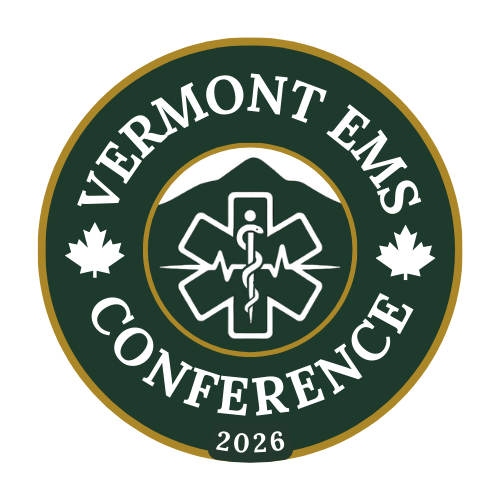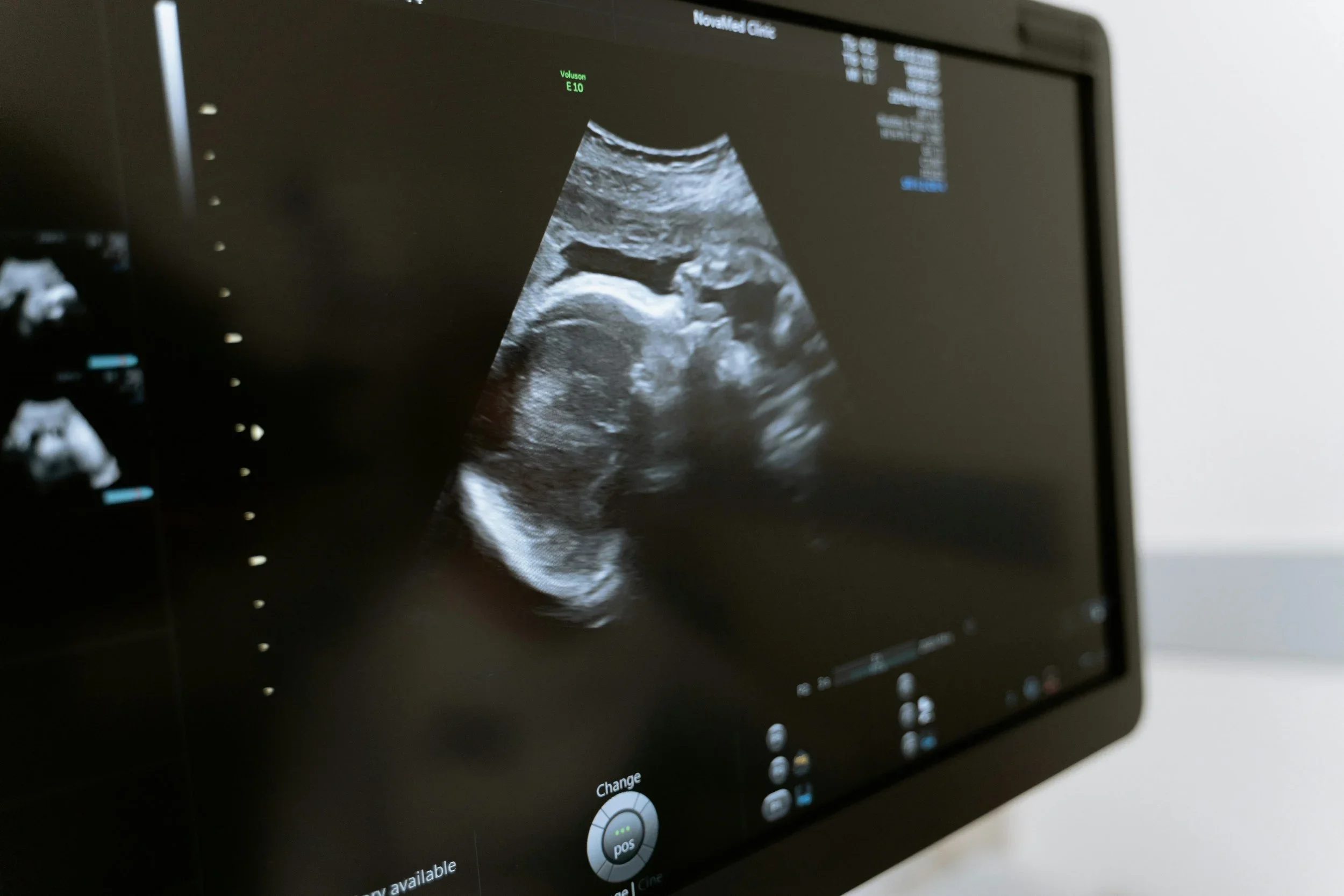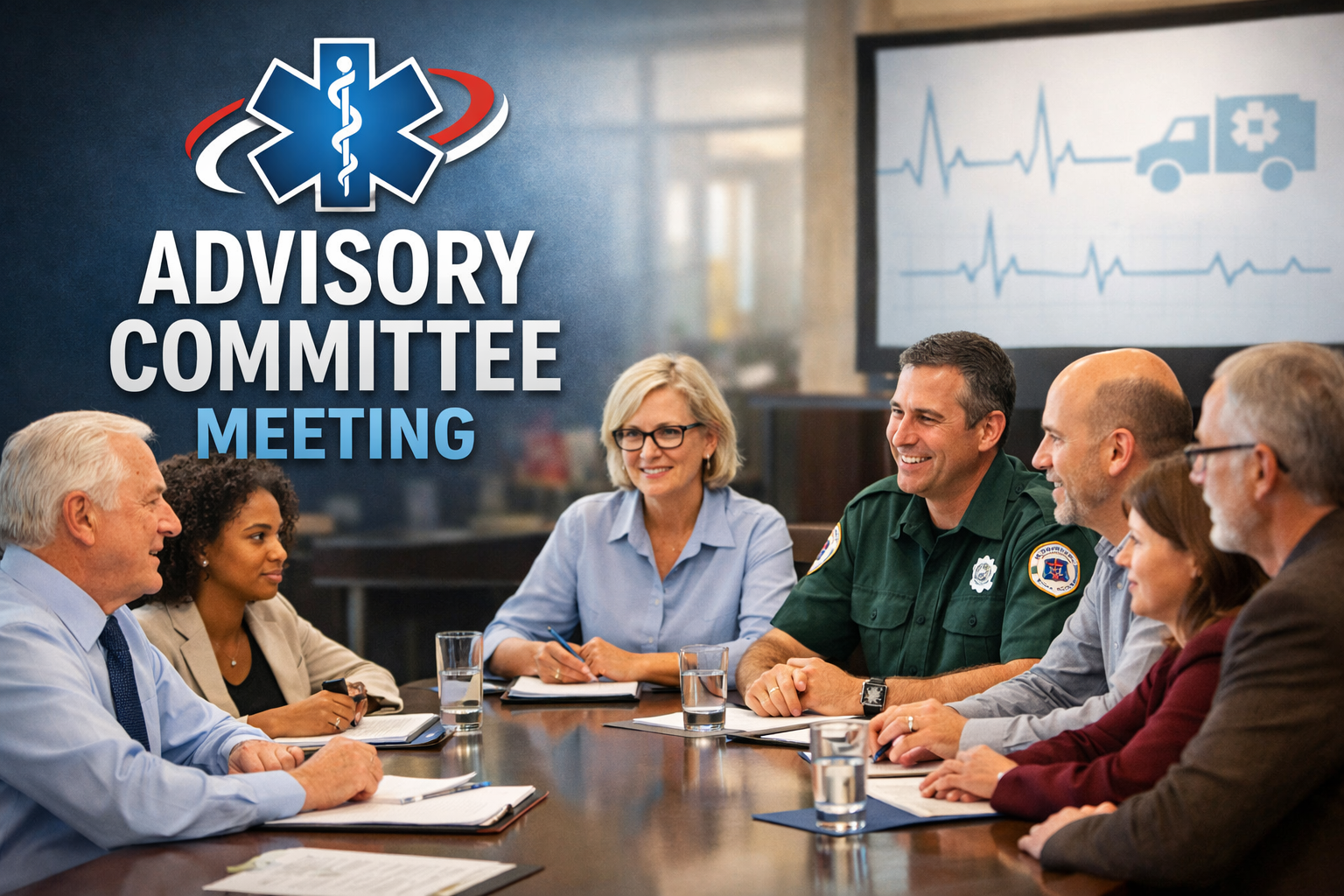Made possible with support from the UVM Green & Gold Professorship in Emergency Medicine and the Division of Trauma and Acute Care Surgery
preConference Workshops
OB Mobile SIM: Obstetric Emergencies on the Move
Obstetric emergencies are rare but critical — and EMS providers are often the first to respond. The OB Mobile Simulation Lab is coming to the Vermont EMS Conference, bringing high-fidelity, hands-on training directly to you.
During these immersive 4-hour simulation sessions, participants will rotate through focused scenarios on:
· Precipitous Delivery – manage rapid field births and complications
· Maternal Resuscitation – apply advanced life support principles for pregnant patients
· Neonatal Resuscitation – stabilize and support newborns in those crucial first minutes
· Vascular Access – practice obtaining access in challenging maternal and neonatal cases
Led by experienced emergency and obstetric educators, this mobile simulation experience emphasizes teamwork, communication, and critical decision-making under pressure.
Course Faculty: Julie Veith, MD; Molly Stevens, MD; Madison Daly, MD; Laura Mulvey, MD
Instructor Development
Target Audience: Vermont’s credentialed EMS Instructor/Coordinators (I/C) interested in advancing EMS education through competency-based approaches. Due to capacity limitations, participants must hold a current VT I/C endorsement/credential.
Course Duration: 4-hour workshop in a two-module format
Course Summary: The growing emphasis on competency-based medical education (CBME) is relatively new to Vermont EMS I/Cs, requiring instructors to re-examine how they conduct their courses. We are offering an instructor development workshop (IDW) to raise the level of knowledge and skills that an EMS I/C needs to lead a successful competency-based EMS education program. This workshop will include a discussion of CBME frameworks, best practices and examples on topics including re-working a class schedule to include competencies, modalities for tracking student progress, use of formative and summative assessments, and an emphasis on the effective use of clinical simulation within EMS education. With the evolving adoption of competency-based assessments in place of psychomotor testing, instructors play a pivotal role in evaluating student competencies. Simulation and out-of-hospital scenarios will be integral for instructors to effectively assess students and provide ample constructive feedback.
This workshop provides an EMS-specific orientation to competency-based medical education (CBME) principles and their application within the EMS field. It explores the theoretical underpinnings of CBME, the process of developing and assessing competencies, and the practical strategies for implementing and evaluating competency-based curricula and programs as well as effectively leveraging clinical simulation experiences.
Course Faculty: Laurel Plante, MD, Michael Leyden, MPH, NRP
Zombie MCI
This immersive tabletop exercise offers hands-on, algorithmic, and simulation-based training experience designed to challenge participants in real-time decision-making. Through critical thinking, students will apply the Incident Command System (ICS) to manage a scaled mass casualty incident based on real-world MCI statistics. Participants will engage in dynamic role-play across all levels of the ICS structure and disciplines, drawing on personal experience and ICS resources to effectively manage a simulated disaster scenario. This is not a traditional training session, it is a live, scenario-driven exercise with a facilitated debrief. Students should be prepared to respond as if managing an actual incident.
Preferred Prerequisites:
Completion of ICS 100, 200, and 700 is strongly recommended.
Learning Objectives:
• Identify and request appropriate MCI-level resources.
• Activate and implement a response plan tailored to MCI scenarios.
• Manage a dynamic incident scene using delegation and ICS principles.
• Evaluate the effectiveness of actions taken, identifying successes and areas for improvement.
• Propose actionable changes for local triage systems based on exercise outcomes.
Course Faculty: Nick Carson, NRP, Kyle Brouillette and Prescott Nadeau, NRP
Skills Instructor Development
Target Audience: Training officers, EMS leaders involved in assessing clinician skill proficiency, those interested in becoming involved in EMS education, EMS clinicians who currently assist in EMS courses.
The EMS Skill Instructor (ESI) course is designed to equip participants with the knowledge and skills to effectively educate and evaluate EMS students on various psychomotor skills. This one-day in-person course meets the minimum didactic requirements required for eligibility for the VT Skills Instructor Licensure. In addition to the one-day didactic course, participants will be required to complete a 3–6-hour field internship in an initial EMS course as approved by the EMS office.
Course Faculty: Courtney Newman, NRP; Christopher LaMonda, NRP
Prehospital Trauma Life Support
This course will be taught to the ALS levels as a 16-hour hybrid course. The 8-hour online portion must be completed PRIOR to the 8-hour simulation and skills day on Friday, March 6th. Upon successful completion of the course, students receive a certificate of completion, a wallet card recognizing them as PHTLS providers for 4 years, and 16 hours of CAPCE credit.
NAEMT's Prehospital Trauma Life Support (PHTLS) is recognized around the world as the leading continuing education program for prehospital emergency trauma care. The mission of PHTLS is to promote excellence in trauma patient management by all providers involved in the delivery of prehospital care. PHTLS is developed by NAEMT in cooperation with the American College of Surgeons' Committee on Trauma. The Committee provides medical direction and content oversight for the PHTLS program.
PHTLS courses improves the quality of trauma care and decreases mortality. The program is based on a philosophy stressing the treatment of the multi-system trauma patient as a unique entity with specific needs. PHTLS promotes critical thinking as the foundation for providing quality care. It is based on the belief that, given a good fund of knowledge and key principles, EMS practitioners can make reasoned decisions regarding patient care.
PHTLS is the global gold standard in prehospital trauma education and is taught in over 80 countries. PHTLS is appropriate for EMTs, paramedics, nurses, physician assistants, physicians, and other prehospital practitioners. PHTLS is accredited by CAPCE and recognized by NREMT.
Course Faculty: Joshua LaDuke, NRP
Mobile Sim
Mobile Simulation Lab: High-Acuity Skills & Scenario Training
Emergency providers in Vermont and upstate New York routinely care for critically ill and injured patients, often in resource-limited and geographically isolated settings. Access to high-fidelity simulation training can be limited, making it challenging for EMS clinicians to maintain proficiency in low-frequency, high-acuity situations. This mobile simulation laboratory brings advanced, hands-on training directly to providers across the state.
In this 4-hour immersive session, participants will rotate through scenario-based team simulations modeled after PHTLS, AMLS, and ACLS environments. These will include the ability to practice High-acuity, low-frequency (HALO) procedures. Under the guidance of experienced clinical educators, learners will practice critical decision-making, communication, and procedural techniques in a realistic, high-fidelity simulation environment designed to strengthen confidence and performance in the field.
This mobile sim initiative is being delivered statewide between Fall 2025 and March 2026 and is tailored to meet the unique needs of Vermont EMS agencies. Scenarios and skills will be adapted to align with conference offerings and learner experience levels, ensuring relevance for providers at all certification levels.
Course Faculty: Laurel Plante, MD Michael Leyden, MPH, NRP, Christine McCarthy, EMT
Motivational Interviewing (MI)
This interactive introduction to Motivational Interviewing (MI) will guide emergency healthcare providers in reviewing the core principles of an MI mindset, including partnership, acceptance, compassion and empowerment, that help engage individuals in conversations about behavior change. The session will also include review and small-group practice of key conversational skills that foster an environment for people to recognize and increase motivation to make positive changes in their health-related behaviors. Participants will use small group practice to enhance skill in using open-ended questions, making accurate reflections and providing authentic affirmations when communicating with patients. MI is not a manualized, time-intensive treatment. Rather, its evidence-based principles and skills can be applied across all healthcare settings, including brief interactions in emergency settings.
Course Faculty: Dr. Peter Jackson, M.D.
Vermont EMS Advisory Committee Engagement Sessions
The Vermont EMS Advisory Committee (VTEMSAC) will be meeting live at the Vermont EMS Conference, offering attendees two distinct opportunities to engage with committee members, learn about current statewide EMS priorities, and participate in meaningful discussion about the future of Vermont’s EMS system. Both sessions are open to the public.
Vermont EMS Advisory Committee Monthly Meeting - Friday, March 6, 16:00 - 18:00
The committee will host its regularly scheduled monthly meeting during the conference. Attendees are invited to observe the committee in action, meet members, and gain insight into the issues, challenges, and system-level work currently underway across Vermont EMS. This session provides a firsthand look at how the committee conducts its business and supports EMS policy and system improvement statewide.
Vermont EMS Advisory Committee Town Meeting - Saturday, March 7, 12:30 – 13:30 PM
Grab lunch and join us for this interactive town meeting, committee members will provide updates on key initiatives, including
A summary of the Vermont EMS Legislative Report
An overview of the assessment of Vermont’s EMS system
Ongoing work related to the Vermont EMS Five-Year Plan
Attendees are encouraged to participate, ask questions, and engage in open discussion about the direction and future of emergency medical services in Vermont.









